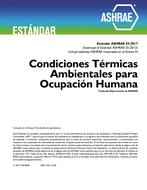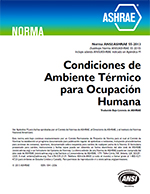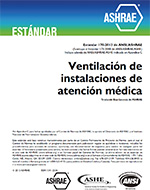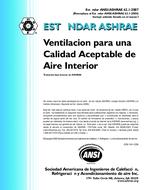Description
Determining long-term durability of building envelope components and assemblies in response to moisture loads can be completed using several methods, including: experiments, long term exposure studies, and hygrothermal simulations. If multiple climate locations or building envelope assemblies are under consideration, hygrothermal simulation methods are typically preferred by building practitioners as they can be completed more rapidly and with less expense as compared to experimental or long-term exposure methods. However, completing hygrothermal simulations requires knowledge of material properties, interior and exterior boundary conditions, and initial simulation conditions. Beyond these inputs to the model additional information is required to account for wind-driven rain, and corresponding moisture loads arising from water entry to the building envelope assembly. Fortunately, standards exist to guide a user through a systematic and repeatable method of conducting hygrothermal simulations, such as ASHRAE S160 and the “Guideline on design for durability of building envelopes”. The ASHRAE S160 standard includes an approach to incorporate the effects of water entry due to wind-driven rain as a moisture source in hygrothermal simulations. Specifically, if knowledge of the wind-driven rain response characteristics of the cladding in the building envelope assembly is not known by the building practitioner, ASHRAE S160 recommends using 1% of the wind-driven rain as the moisture source.This paper seeks to provide further information towards an experimental definition of the moisture source and as an example of such a definition, a vinyl clad wall for two different coastal climate locations in Canada is considered. Additionally, the influence of the experimentally determined moisture source calculation method, compared to that recommended in the ASHRAE S160 (1% of wind-driven rain), is investigated from results of hygrothermal simulation. Keywords: moisture source, wind-driven ASHRAE S160, Guideline on design for durability of building envelopes, rain, drainage, hygrothermal, modelling,
Citation: Thermal Buildings XIV 2019
Product Details
- Published:
- 2019
- Number of Pages:
- 11
- Units of Measure:
- Dual
- File Size:
- 1 file , 1000 KB
- Product Code(s):
- D-Bldgs19-060




